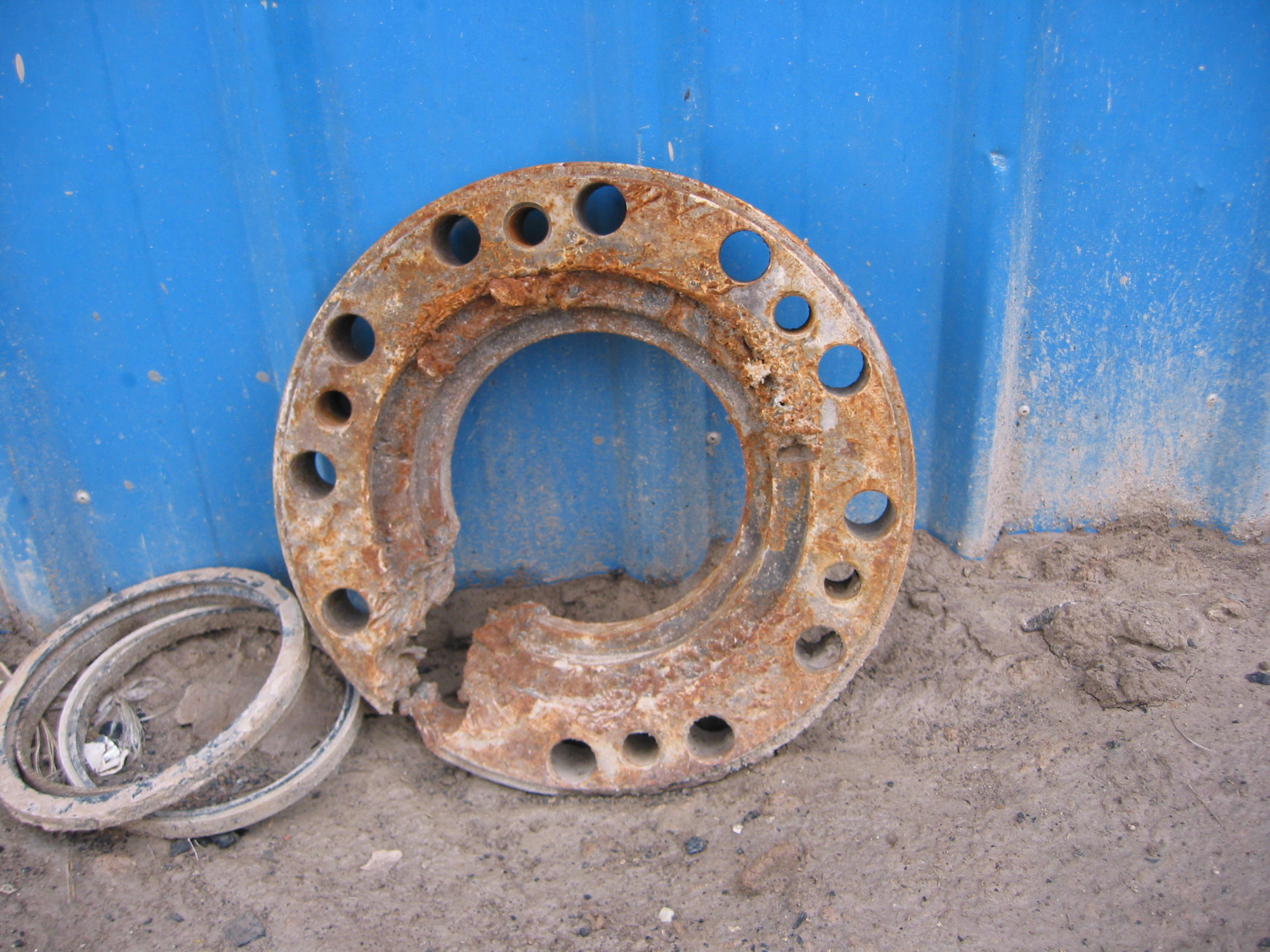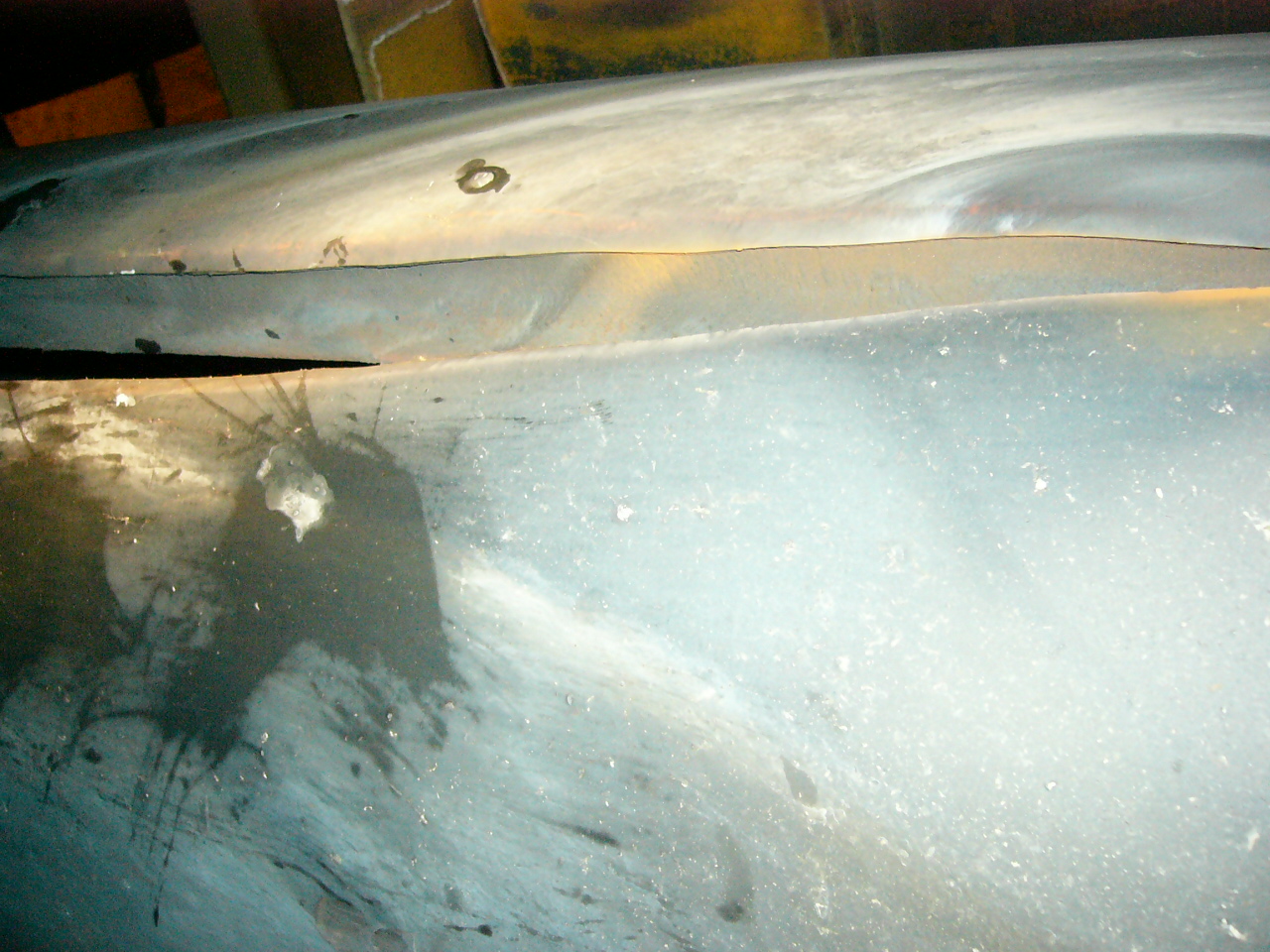ROGUE MATERIALS CAUSE FAILURE
Rogue materials cause failure
As material choice is a central issue in engineering design, rogue materials can cause failures in many different ways. This is an increasing rather than a decreasing problem. Many material ‘quality problems’ that were almost eliminated up to the 1980s due to improvements in QA/QC and management systems have now reappeared on a larger and more widespread scale than before as manufacture has spread around the world. The number of related failures has increased proportionately as a result.

Rogue materials; what are they?
This is the general name given to engineering materials that are non-compliant with their chosen specification. This is not the same as choosing the wrong specification for a particular application (although this can cause similar problems). It can be an issue with all materials but is particularly common in plain carbon and low alloy steels used for pressure vessels and structures.
How do rogue materials occur?
Some steels, because of their sensitivity to alloying elements or heat treatment, are naturally much more variable in quality than others. When these are made by factories using old technology, poor QA, little regard for the customer, or all three, the end result is material with higher than normal variability and lots of out-of-specification batches. These activities thrive on material specifications that are fairly loose, with allowed exemptions from various mechanical tests.
Some countries and their cultures see little wrong with allowing non-complying batches to slip through their own inspection activity that is supposed to catch them. Non-compliance checking is ignored, to be replaced by activities based on convenience or cheapness. Internal non-conformance reports are considered an embarrassment rather than a success, and the purchaser receives the rogue material, accompanied by nice certificates telling them what they want to hear.
How do rogue materials cause failures?
Four failure modes account for most of them:
- Brittle fracture; the material is too brittle owing to any combination of too-high Carbon equivalent value, impurities in the grain structure or inadequate heat treatment. The result is lowered Charpy impact strength at its minimum design metal temperature (MDMT) and a tendency to fail catastrophically in a brittle manner. This is made worse by any welding or imposed fatigue stresses on the component.
- Embrittlement cracking; the material is too hard (for the same reasons as above) leading to decreased resistance to environmental cracking (SCC, H2 embrittlement and similar).There may also be non-compliances in chemical composition ,making the situation worse.
- High temperature creep; material designed to operate within its creep range (starting at about 380 degC for plain Carbon steels) can easily be produced with out-of-specification chemical composition or heat treatment (annealing) .This makes it susceptible to accelerated micro-cracking and/or softening in service causing premature failure. It is most common in steels containing greater than 5% Cr with supporting trace elements.
- Erosion; the material is too soft, causing it to erode when exposed to aggressive process fluids velocities, particulates or cavitation. It is caused by either incorrect chemical composition and/or inadequate ‘finishing’ of the component (e.g. a surface treatment such as nitriding)
All of these damage mechanisms and their reasons have been known about for years. They are all easily stopped by simply ordering the correct specification of material and checking that what you get is compliant with the specified chemical analysis and mechanical properties. Note that the chemical analysis alone, such as measured with a Positive Material Identification (PMI) machine can be misleading. It is easily possible that a material the correct chemical analysis can still have inadequate impact strength, hardness or resistance to embrittlement cracking, as there are so many other variables involved.

How to stop rogue materials getting into your plant and causing failures.
There’s nothing difficult about this. Following four guidelines and that should stop most of your problems with failures caused by rogue materials.
- Don’t believe that manufacturers’ material certificates are all true. Some were prepared by people who will tell you anything you want to hear.
- Do additional mechanical tests (impact, hardness and tensile strength as a minimum) on material you buy before you use it even if the material specification or application code doesn’t require them. Cut the test pieces and witness the test results yourself. That way you will know what you are gettting.
- Be especially careful with site repairs. This is where rogue materials often get in by the back door. Weld consumables need checking also.
- Don’t buy cheap rubbish in the first place. Anything that is cheap is cheap for a reason. If you work for a large company, beware of your own purchasing department. They like the sound of the cheapest prices, even if they pretend they don’t. The way they see things; steel is steel.
If these sound too simple and you are wondering how companies manage to keep on getting rogue material failures, read our linked article Do we learn from failures?
Test your knowledge. Technical knowledge is vital when it comes to evaluating material properties. Test your knowledge on our material properties quiz and API source inspector(SIFE) quiz.
Matthews Integrity Hub: HEAD OFFICE is OPEN EVERY DAY….0730 – 2200 Monday – Sunday…That’s correct, all week, every week, including holidays
 If we happen to miss your call, leave a message and we will call you back just as soon as we pick it up. Sorry, there’s no automated messages, call queueing, voice recognition tools or canned music. Try it and see.
If we happen to miss your call, leave a message and we will call you back just as soon as we pick it up. Sorry, there’s no automated messages, call queueing, voice recognition tools or canned music. Try it and see.
CONTACT US
Tel: 07746 771592 help@matthewsintegrity.co.uk





